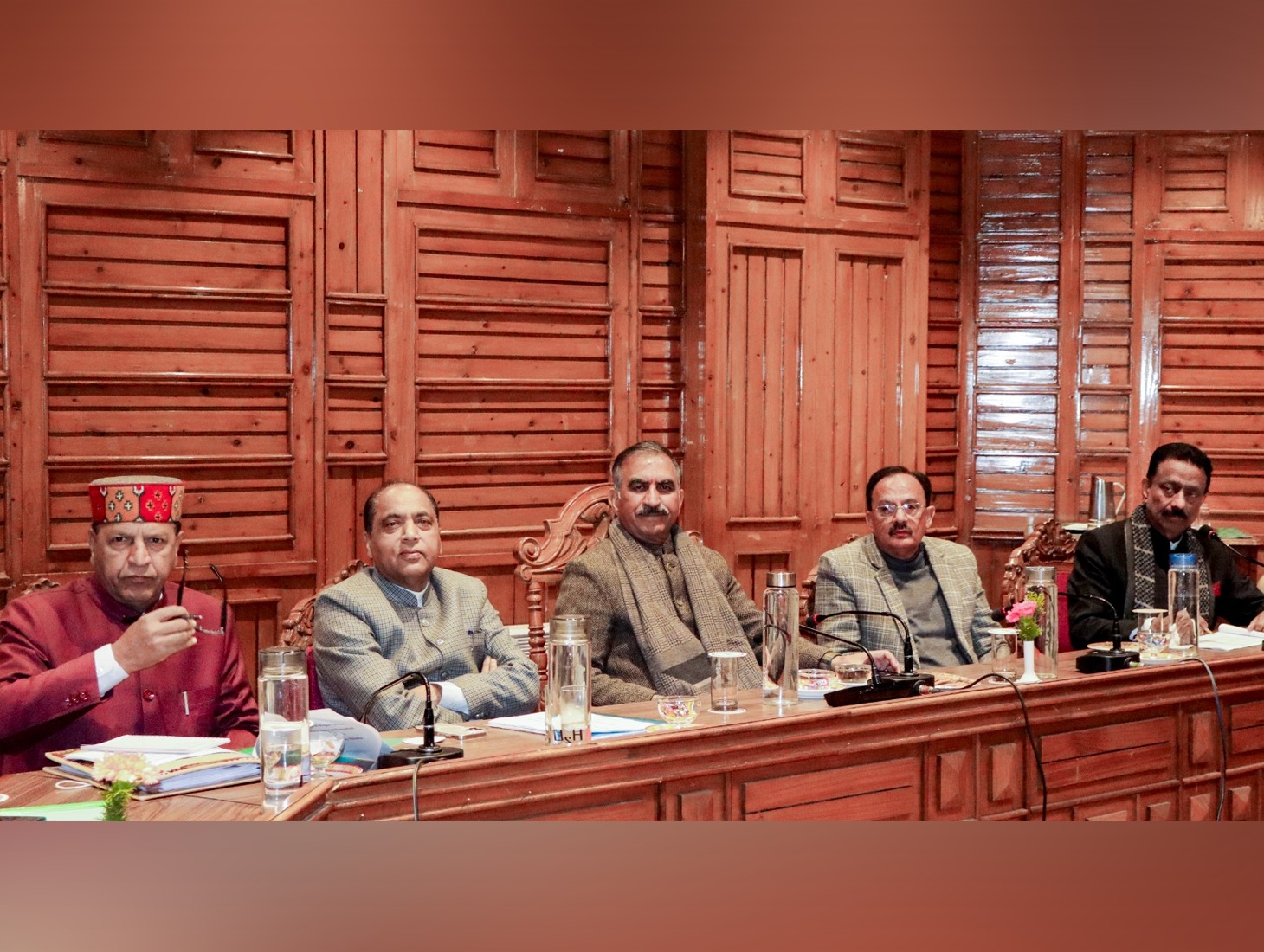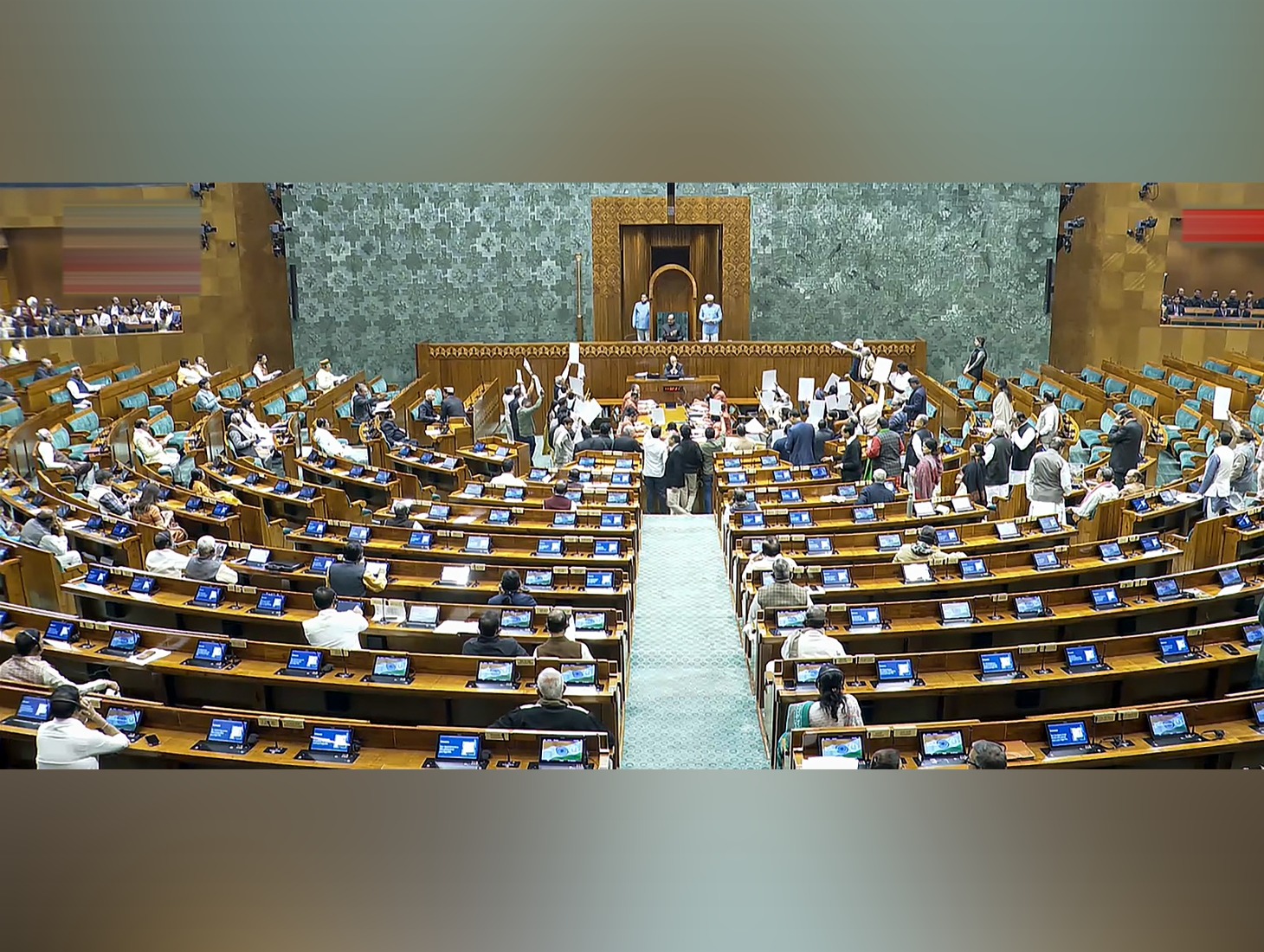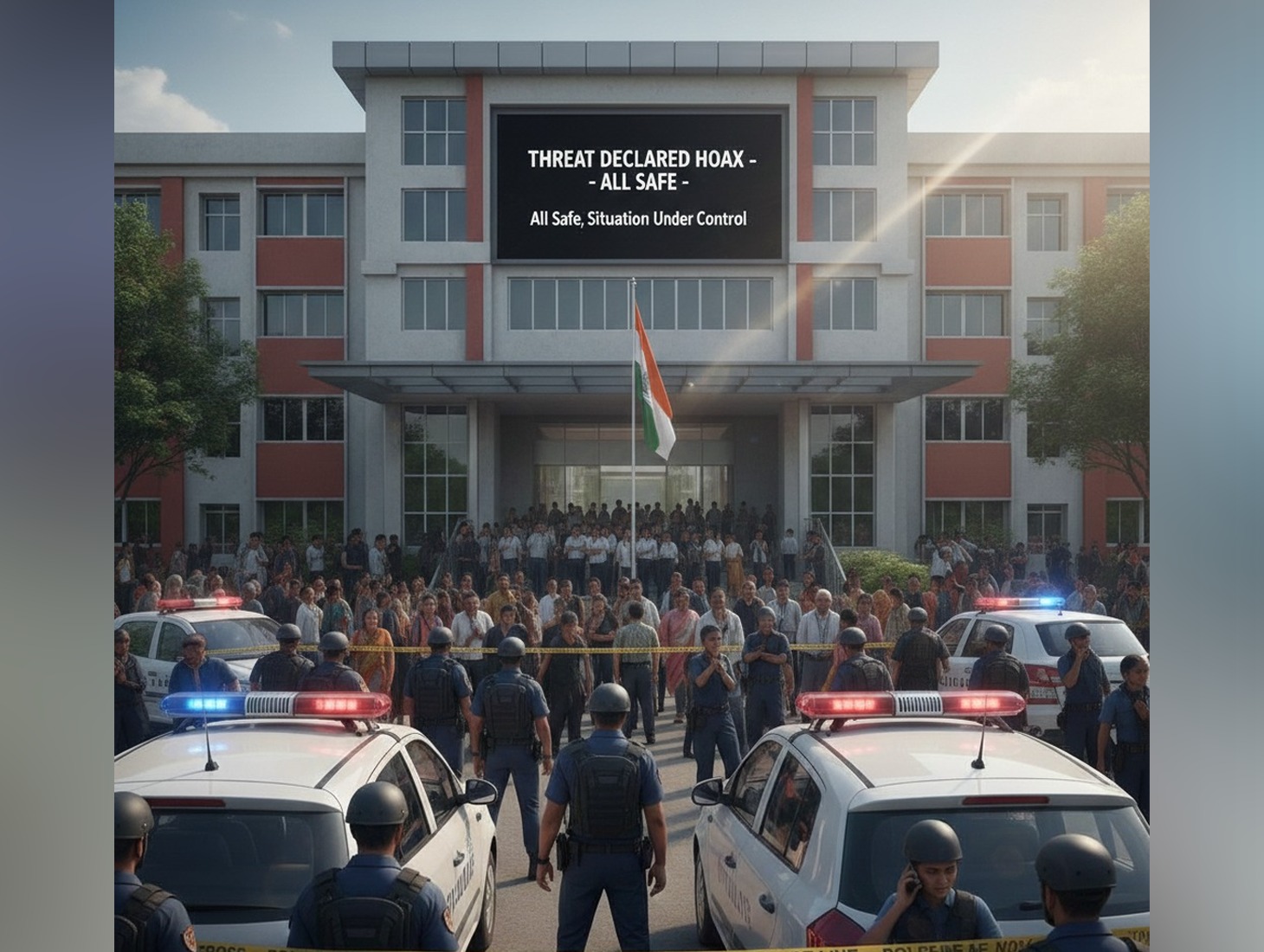Yog Raj Sharma
The North News
Shimla, July 23
Himachal Pradesh “does not belong to any one political party but to all the people who live here,” Governor Shiv Pratap Shukla said. Addressing at Himachal Pradesh University’s 56th Foundation Day during a scaled-down ceremony held in the aftermath of recent natural disasters in the state, Shukla said that just as the university belongs not to any particular group but to its teachers and students, so too should the state’s future be shaped by inclusive participation and shared values. In a wide-ranging speech, the Governor voiced concern over the increasing prevalence of drug use among the state’s youth. “It is distressing that in a land of deities, we must even discuss drug abuse,” he said, urging universities to spearhead serious research into the social, psychological, and economic causes of addiction.
Shukla also turned his attention to the growing dominance of artificial intelligence in education, saying the rise of new technologies necessitated a rethinking of how both teaching and learning are approached. “Only through introspection can teachers empower students to succeed in this rapidly evolving era,” he said, adding that students’ mental health and holistic development should be considered as essential to academic success.
University Vice-Chancellor Professor Mahavir Singh outlined a series of newly inaugurated research centres aimed at aligning the university’s academic vision with pressing regional and global challenges. Among them, the Centre for Green Energy and Nanotechnology will drive research on clean energy and environmental sustainability, contributing to the vision of a “Green Himachal.” The Centre for Artificial Intelligence and Cyber Physical Systems is designed to equip students with critical skills in navigating the digital age, focusing on AI ethics, data privacy, and cybersecurity.
To safeguard the region’s intangible heritage, the Centre for Himachali Culture and Health will work to preserve and internationally showcase Himachal’s diverse folk languages, traditional arts, and festivals. Meanwhile, the Himalayan Centre for Disaster Risk Reduction and Resilience will address the state’s heightened exposure to natural calamities by focusing on disaster prevention, early warning systems, and resilience-building strategies.
In a nod to India’s intellectual heritage, the Ramanujan Centre for Indian Knowledge Systems and Indian Mathematics will bridge traditional Indian mathematical concepts with modern scientific frameworks. Professor Singh described these centres as a “historic step” towards taking research to the grassroots level—ensuring that scholarship remains both globally informed and locally rooted.
















